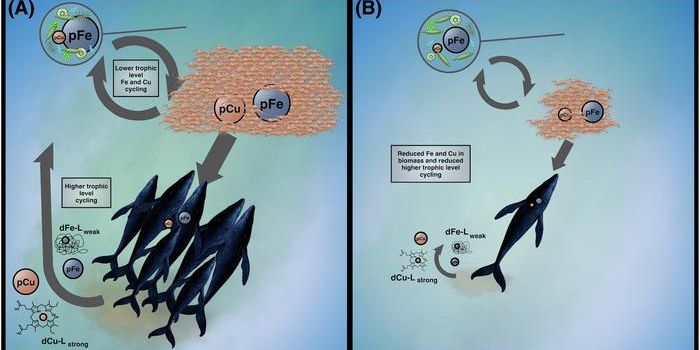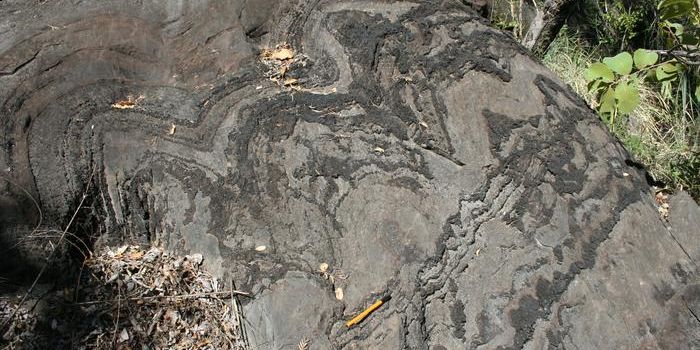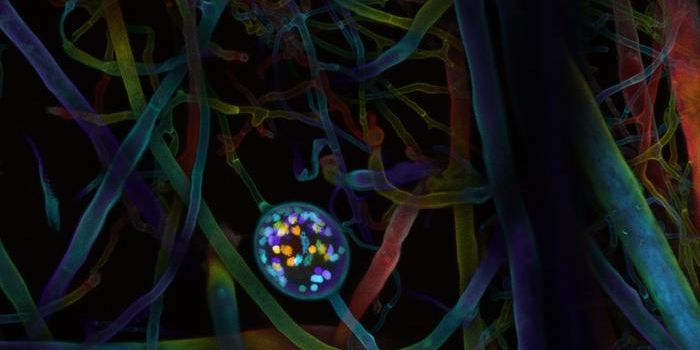Celebrate World Turtle Day By Spreading Awareness
Both tortoises and turtles are interesting creatures. Ranging in sizes from large to small and living both in water and on land, these creatures are easily distinguishable from all others because of their unique shape and their iconic protective shell.
Image Credit: ATR
May 23rd is National Turtle Day, a worldwide event started by the American Tortoise Rescue (ATR) organization 17 years ago that’s intended to raise awareness about the well-being of these shelled creatures, and what we can do to ensure their survival despite what looks like a gloomy future for them.
The driving force behind turtle disappearance
Although tortoises and turtles are resillient and have existed on Earth for well over 150 million years, their large shells can't protect them from everything. If only they could just hide in their shells and ignore the imminent threats that are driving them away, perhaps they'd have a fighting chance. Unfortunately, that's not the case.
Related: Why turtles have the ability to retract their heads
These creatures are often domesticated as pets while they're young and then later released to the wild when they become too large for their enclosures, but keeping turtles as pets can actually have a negative impact on the animals' lives. Not only does this make them more dependent on the owner over itime, but if they're ever released into the wild, they won't know how to process life in the wilderness, adapt to the larger landscape, and find food. It will have a hard time coping, and it may not survive.
Also working against the creatures’ favor is when the slow-moving animals walk out into the middle of a road to cross to the other side, they often don’t make it. Unfortunately, many people don’t stop to let the turtle cross either because they don’t care, don’t make time to get out of the car and help, or are distracted while driving. This leads to many of the animals being hit and killed when several incidents could have been avoided.
Turtles are also being illegally hunted and/or smuggled because they’re used in pet trade and exotic food recipes around the world. This activity removes a high volume of turtles from the wild, preventing groups from finding mates and multiplying fast enough to replenish the numbers that are ripped from the wild. Tragically, mother nature can't keep up with mankind's demand for the animals.
It’s unfortunate to say that other prevalent issues, like climate change and land development, also impact their survival. The warming temperatures prevent them from living their natural habitats and thriving in the wild as water-based habitats become too warm, while the land development takes away from their living quarters, forcing more of the animals to cross dangerous roads to get places and reducing the amount of shade the creatures can enjoy.
While the previous issues are harder to solve, we can help with climate change by switching to renewable energy sources and carpooling whenever possible. Land development is easier to regulate, but as the human population grows, finding places to put all of us (especially in densely-populated areas) is a challenge.
A desperate cry for help
With so much going on and hindering their ability to survive like they once could, tortoises and turtles around the world are disappearing at an alarming rate. The problem is comparable to a snowball rolling down a hill; the further it goes, the larger it gets until it finally reaches the bottom of the hill.
You probably don’t see as many tortoises or turtles as you used to just a few years ago, and that’s because they're just not as common as they used to be. At the current rate of disappearance, all tortoise and turtle populations could be wiped out within half of a century.
Related: Turtle has almost 1,000 coins surgically removed from its stomach
A number of the creatures are listed on the endangered species list, and while laws are in place across the contiguous United States and around the rest of the world to prevent the catching and selling of a variety of species, people continue to snatch them up from their natural habitats anyways for their own selfish ways.
What you can do about it
Despite what seems like a bleak future for these meek and wonderful creatures, American Tortoise Rescue (ATR) has a few tips to share regarding what ordinary people can do to help ensure the survival of tortoises and turtles alike. Among those are:
- Don’t buy pet turtles: As pet shops sell more turtles, more will have to be pulled from the wild to replenish their shelves. This means catching more wild turtles by removing them from their natural habitat and it reduces the number of wild turtles in a region available for mating and therefore prevents the reproduction of the species.
- Leave them alone: You might see a cute turtle in the wild while you’re hiking or visiting a park, and it’s recommended that you leave the creature alone rather than pick it up unless it’s injured. By disturbing the creature, it can become disoriented and this prevents it from getting home or to its destination. Making matters worse, you risk contracting salmonella.
- Help them out of the road: One of the largest slaughter houses for turtles are our very own roadways, where high volumes of cars carelessly run them over. If you see a turtle in the middle of the road, attempt to pull over with your hazard lights on and help the turtle out of the road. Remember to take them into the direction they were already headed so they don’t turn around and to re-cross the road after you rescue them.
- Report illegal turtle sales: By law throughout the United States, pet shops and individuals are not supposed to be catching or selling turtles that are under four inches in size. If you happen to see small turtles for sale and suspect they are being illegally traded, call your state’s law enforcement agency to investigate the situation further.
- Report animal cruelty: In addition to illegal sales, some people are just sick in the head and enjoy hurting or disturbing animals. Since countless tortoises and turtles are endangered species, it’s generally illegal to so much as touch the creatures unless you’ve got a really good reason. Report illegal interaction to your state law enforcement.
- Contact your legislators: As land development continues, the creatures are losing their natural habitats, so try contacting your government officials to push for more protected wildlife areas so that tortoises and turtles can live in peace in their natural habitat without being disturbed by construction work or people.
For most of us, these tips are common sense, but not everyone is aware that many tortoises and turtles are among the world’s endangered species list. To #Shellebrate National World Turtle Day and spread awareness of the cause, like World Turtle Day on Facebook or follow @WorldTurtleDay on Twitter for the latest news and updates.
Sources: American Tortoise Rescue, World Turtle Day, World Wildlife Fund









